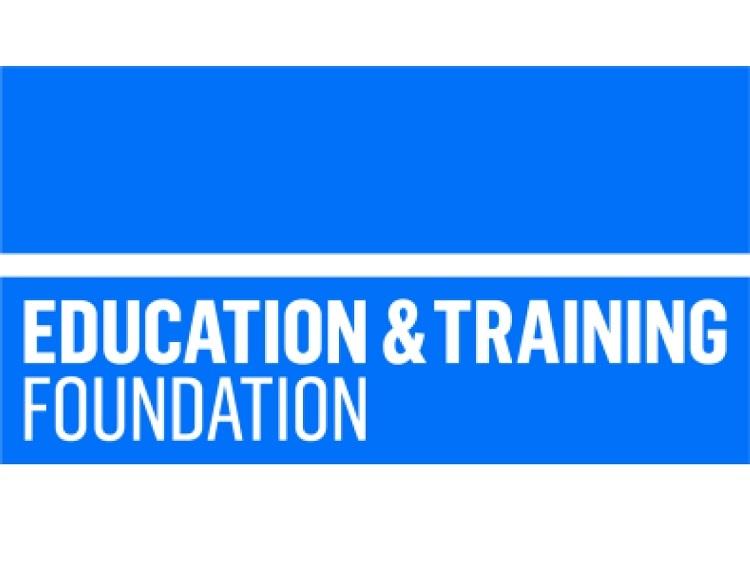Further Education colleges play huge part in increasing access to Higher Education

In A-level results week, the Education and Training Foundation (ETF) has today published its College Higher Education Local Impact Summary (CHELIS) report showing the increasing value of college-based higher education in widening participation by bringing it closer to students’ homes.
A full copy of the report can be downloaded here.
The report analyses the numbers and characteristics of those studying for higher education qualifications at further education (FE) colleges, compared with those studying at higher education institutions (HEIs).
Key findings of the research:
- Over 45% of higher level apprentices in FE colleges come from geographical areas that traditionally have the lowest rates of participation in higher education. Full time learners studying at an FE college are almost twice as likely to come from these ‘cold spots’ as those studying at an HEI.
- The average travel distance for an HE student at an FE college between home postcode and learning location is 15 miles, compared with the average distance travelled by HEI learners of 53 miles.
- In 2015/16, FE colleges recruited more than 80% of their HE learners from within their Local Enterprise Partnership area.
Helen Pettifor, Director of Professional Standards and Workforce Development at the ETF, said “This research demonstrates the increasingly important role that FE colleges will play in making higher education more accessible – and widening participation for learners from all backgrounds. Our report shows that for many learners, studying at a college locally is a popular choice as it allows them to keep travel and living costs down – and offers more flexibility. This is also beneficial for mature students who want to study for a degree without having to move away from their family or need to combine employment commitments.
“In line with this research, we want to ensure that all teachers and trainers are equipped with the skills and knowledge for teaching higher education in FE colleges which is why we are developing a HE in FE teacher training Level 5 module for the autumn term.”
Other key findings include:
- The net present value of college based higher education is approximately £3.5 billion2.
- There are 151,360 higher education learners studying at FE colleges.
- The number of higher level apprenticeships has increased from just over 7,000 to more than 16,000 in three years.
- Science, Technology, Engineering and Mathematics (STEM) enrolments in FE colleges at Levels 4 and 5 have grown by 5.7% from 30,830 to 32,690 in the past three years.
The College Higher Education Local Impact Summary (CHELIS) research carried out by RCU3, provides evidence of the huge impact and reach of HE delivered by FE colleges, based on 2015/16 data.
This report updates and extends the analysis of college-based higher education in England prepared by RCU for the Education and Training Foundation (ETF) and partners in March 2016.
Like that initial analysis, it is based on a series of reports for colleges summarising the economic and social impact of their higher education offer, taking into account local priorities as set by the relevant Local Enterprise Partnership (LEP) and local community.
About the Education and Training Foundation (ETF): Established in October 2013 it is the Government-backed, sector-owned national support body for the Further Education and Training sector. The charity works with teachers, trainers, leaders and employers to help them deliver excellent further and vocational education and training. This includes through setting professional standards, workforce development, supporting sector change and providing data and research. The ETF’s membership body is the Society for Education and Training.
This figure is based on the methodology outlined in The Returns to Higher Education Qualifications (BIS, June 2011).
RCU is a specialist research and consultancy company working with public sector clients all over the UK. Its mission is to develop practical and relevant research and consultancy solutions for clients through innovation, professionalism and market expertise. RCU provides strategic consultancy, customised market research, interactive planning tools and research skills training for a wide range of clients and has been serving the learning and skills sector since 1987. RCU’s unique business model features equal ownership rights for all staff. We aim to be a community of professionals, interacting within innovative teams and delivering strategically important research and consultancy that influences national learning and skills policy.











Responses